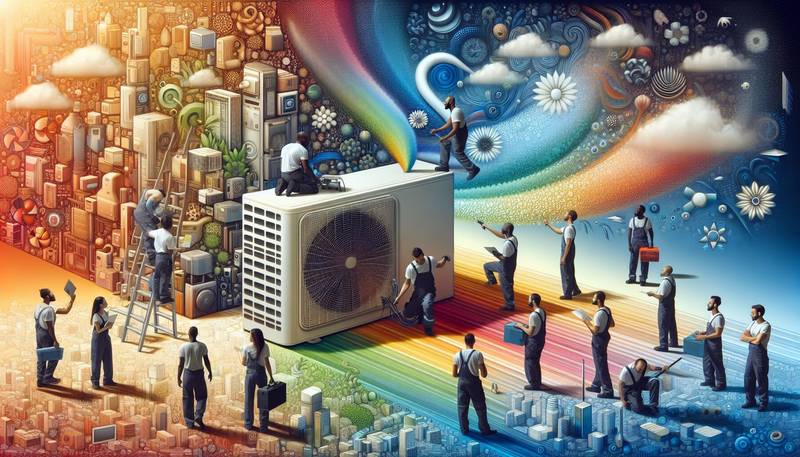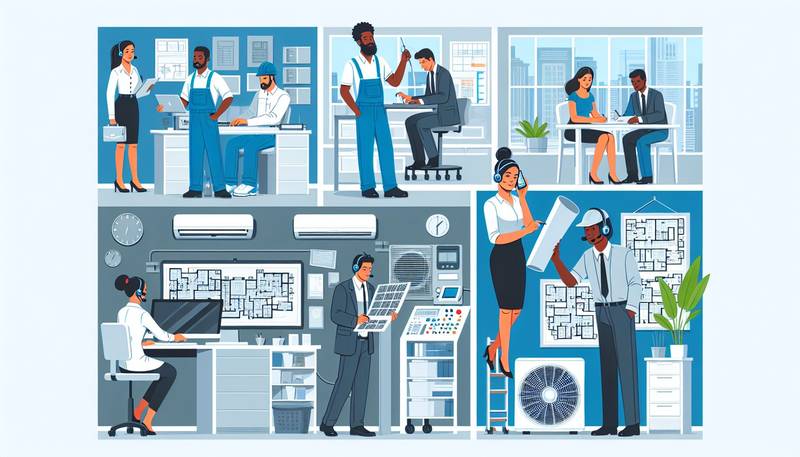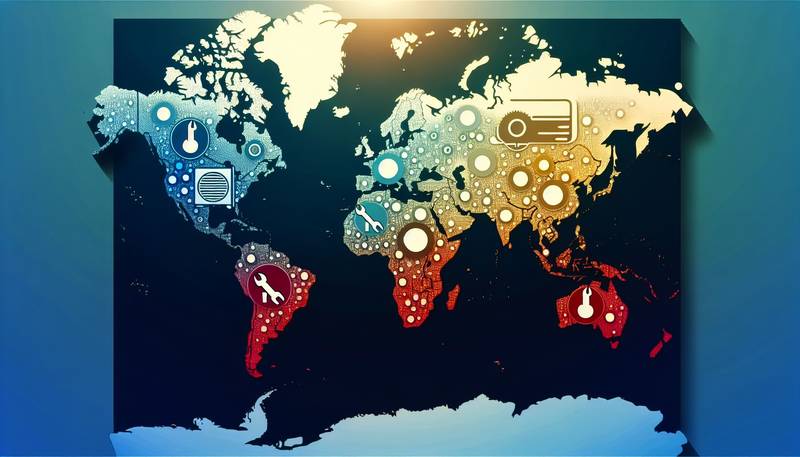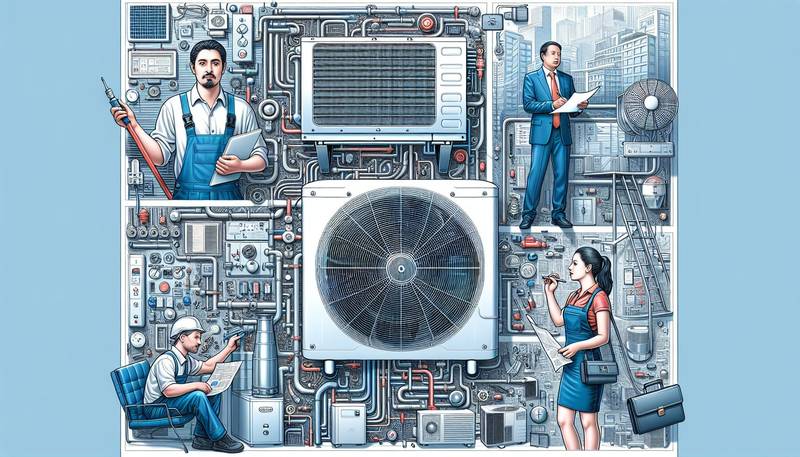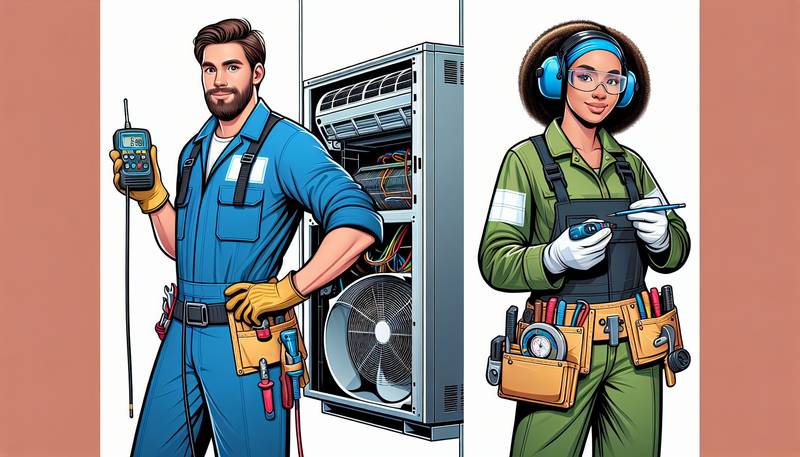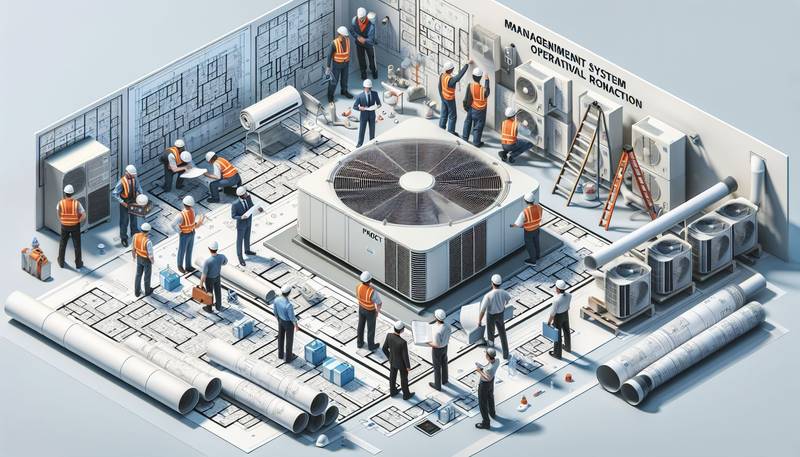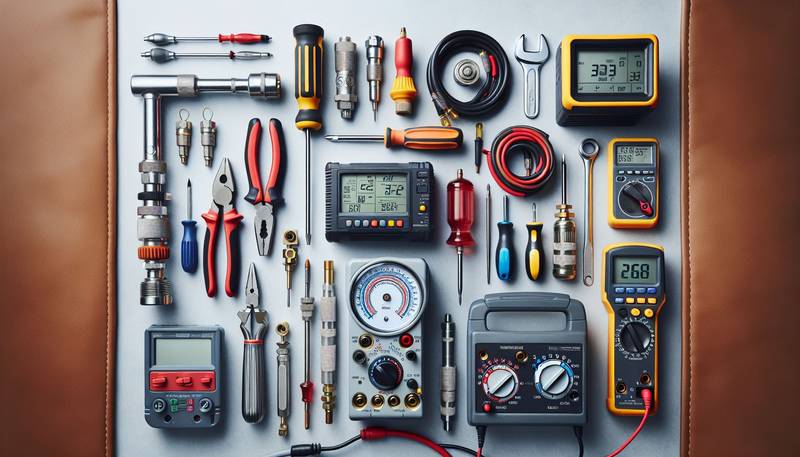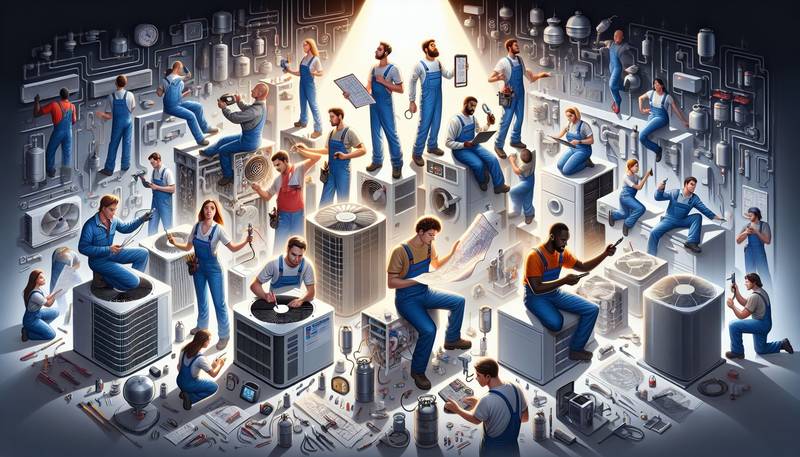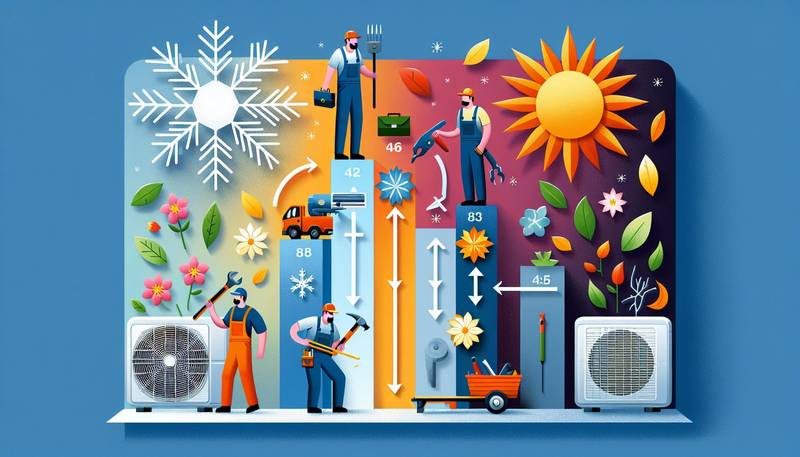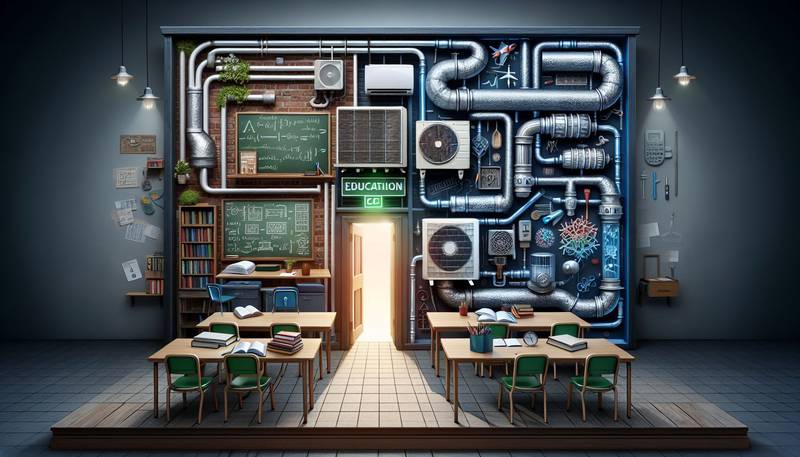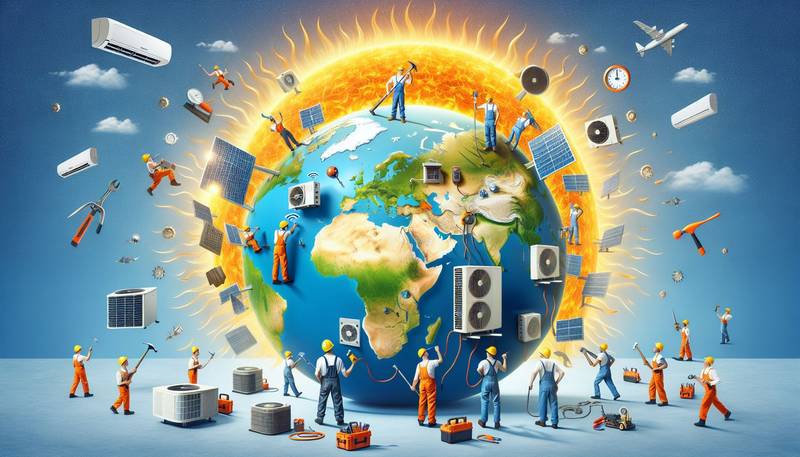Innovations in Air Conditioning: How They're Changing the Job Landscape
In this article, we will explore some of the key innovations in air conditioning and how they are impacting the job market for those working in the industry.
Energy Efficiency Technologies
One of the most significant innovations in air conditioning is the development of energy-efficient technologies. With a growing emphasis on sustainability and reducing energy consumption, manufacturers are constantly seeking ways to make air conditioning systems more efficient. This has led to the development of technologies such as variable refrigerant flow (VRF) systems, which use inverter-driven compressors to adjust the flow of refrigerant based on the cooling load. This allows for more precise temperature control and significant energy savings compared to traditional systems.
Smart Technology Integration
Another major innovation in air conditioning is the integration of smart technology. Smart thermostats and control systems allow users to remotely monitor and adjust their HVAC systems, leading to improved comfort, energy efficiency, and cost savings. For professionals in the industry, this shift towards smart technology has created new opportunities for installing, servicing, and maintaining these systems. HVAC technicians now need to be trained in the latest smart technologies and be able to troubleshoot issues remotely, leading to a more technologically advanced job landscape.
Alternative Refrigerants
The phaseout of ozone-depleting refrigerants such as R-22 has led to a push towards using alternative, more environmentally friendly refrigerants in air conditioning systems. Innovations in refrigerant technology have resulted in the development of options such as R-410A and R-32, which have lower global warming potential and ozone depletion potential. As the industry continues to adopt these alternative refrigerants, job opportunities for technicians skilled in handling and working with these new substances will continue to grow.
Demand for Green Building Solutions
The increasing focus on sustainability and green building practices has driven the demand for air conditioning systems that are not only energy-efficient but also environmentally friendly. This has led to innovations such as geothermal heat pump systems, which use the earth's natural heat to provide heating and cooling, reducing energy consumption and greenhouse gas emissions. As the trend towards green building solutions continues to grow, professionals in the air conditioning industry will need to adapt to new technologies and techniques to meet the demand for sustainable HVAC systems.
Conclusion
Innovations in air conditioning have significantly impacted the job landscape for professionals in the industry, creating new opportunities and challenges. From energy-efficient technologies to smart system integration and the use of alternative refrigerants, these innovations are reshaping the way we think about cooling our buildings and the skills required to install and maintain air conditioning systems. As the industry continues to evolve, professionals will need to stay abreast of the latest advancements to remain competitive in a rapidly changing job market.
